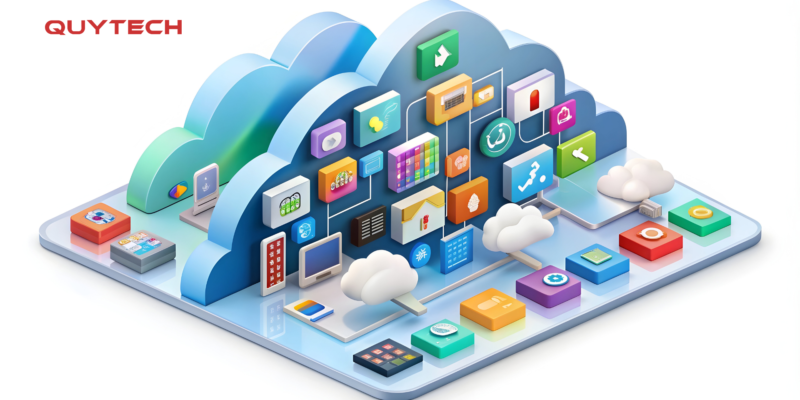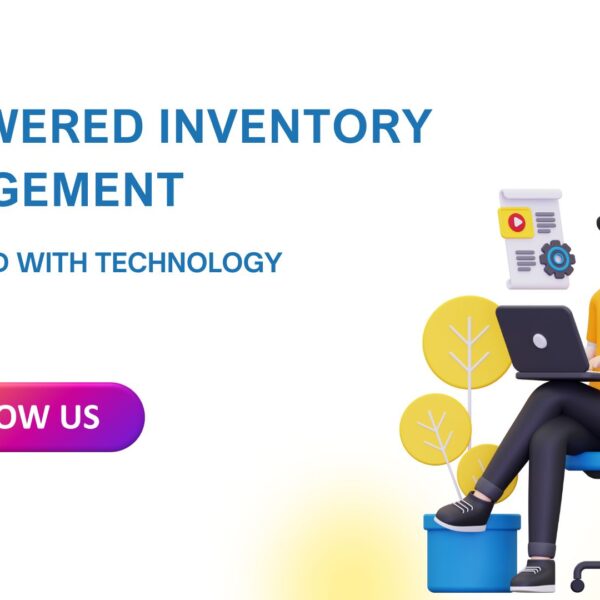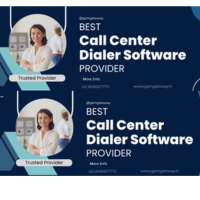
Sales enablement is a crucial aspect of any successful business, empowering sales teams with the tools, resources, and information they need to engage prospects effectively and close deals. In the digital age, Software as a Service (SaaS) applications have become the backbone of sales enablement strategies, offering scalable, flexible, and efficient solutions to support sales efforts.
In this article, we will explore the role of SaaS app development in sales enablement, and how businesses can leverage these applications to drive revenue and achieve their sales goals.
The Importance of SaaS in Sales Enablement
Streamlining Sales Processes
SaaS applications play a pivotal role in streamlining sales processes by automating repetitive tasks, organizing customer data, and providing real-time insights. For instance, Customer Relationship Management (CRM) software, a core component of sales enablement, allows sales teams to manage leads, track customer interactions, and analyze sales data in one centralized platform.
By automating routine tasks like data entry and follow-ups, SaaS apps free up valuable time for sales representatives to focus on building relationships with prospects and closing deals. Additionally, these apps provide sales teams with the tools they need to work more efficiently, ultimately leading to higher conversion rates and increased revenue.
Businesses looking to implement or enhance their sales enablement strategies should consider partnering with the Best Mobile App Development Company in the USA to develop custom SaaS solutions tailored to their specific needs.
Enhancing Collaboration and Communication
Effective sales enablement requires seamless collaboration and communication among sales teams, marketing departments, and other stakeholders. SaaS applications facilitate this by providing cloud-based platforms where team members can collaborate in real-time, regardless of their location.
Features like shared document repositories, team messaging, and integrated project management tools ensure that everyone is on the same page and that information flows smoothly across the organization. This level of collaboration is essential for aligning sales and marketing efforts, ensuring that sales teams have access to the most up-to-date resources and materials.
For businesses with distributed teams or remote workers, choosing to Hire Dedicated App Developers in India can help them develop SaaS applications that enhance collaboration and communication, driving more effective sales enablement.
Key Features of SaaS Apps for Sales Enablement
Real-Time Analytics and Reporting
One of the most powerful features of SaaS applications for sales enablement is real-time analytics and reporting. These tools provide sales teams with actionable insights into their performance, customer behavior, and market trends. By analyzing data such as lead conversion rates, customer interactions, and sales pipeline progression, sales teams can make informed decisions and adjust their strategies as needed.
Real-time analytics also allow sales managers to monitor team performance, identify areas for improvement, and allocate resources more effectively. This data-driven approach to sales enablement helps businesses stay agile and responsive to changing market conditions.
Content Management and Distribution
Content is a vital component of sales enablement, providing sales teams with the resources they need to engage prospects and move them through the sales funnel. SaaS applications offer robust content management and distribution features, allowing businesses to store, organize, and share sales collateral, presentations, and other materials in a centralized platform.
With SaaS-based content management systems, sales teams can easily access the right content at the right time, ensuring that they can deliver personalized and relevant information to prospects. Additionally, these systems can track content usage and effectiveness, helping businesses refine their sales enablement strategies over time.
Integration with Existing Tools
SaaS applications for sales enablement are most effective when they integrate seamlessly with existing tools and platforms. For example, integrating a CRM with email marketing software or an enterprise resource planning (ERP) system allows sales teams to access a comprehensive view of customer data and streamline their workflows.
To achieve this level of integration, businesses should work with SaaS Development Services that have the expertise to develop custom APIs and connectors, ensuring that their SaaS applications work harmoniously with their existing technology stack.
Benefits of Custom SaaS Solutions for Sales Enablement
Scalability and Flexibility
One of the important advantages of SaaS applications is its scalability and flexibility. As businesses grow and their sales enablement needs evolve, SaaS apps can easily scale to accommodate more users, additional features, and increased data storage. This flexibility allows businesses to adapt their sales enablement strategies to changing market conditions and customer demands.
By working with a SaaS app development company, businesses can develop custom SaaS solutions that are tailored to their specific sales enablement needs, ensuring that they have the tools required to drive sales growth and achieve their objectives.
Cost-Effective Implementation
SaaS applications offer a cost-effective solution for sales enablement, eliminating the need for significant upfront investments in hardware and software. With a subscription-based model, businesses can spread the cost of their sales enablement tools over time, making it easier to manage budgets and forecast expenses.
Additionally, SaaS apps typically offer lower maintenance and support costs, as updates and upgrades are handled by the service provider. This allows businesses to focus on their core sales activities without worrying about the technical aspects of their sales enablement tools.
Conclusion
SaaS app development is playing an increasingly vital role in sales enablement, offering businesses scalable, flexible, and cost-effective solutions that streamline sales processes, enhance collaboration, and provide real-time insights. By leveraging the power of SaaS applications, businesses can empower their sales teams with the tools they need to engage prospects effectively, close deals, and drive revenue growth.
Related Article: Overcoming SaaS App Development Challenges











